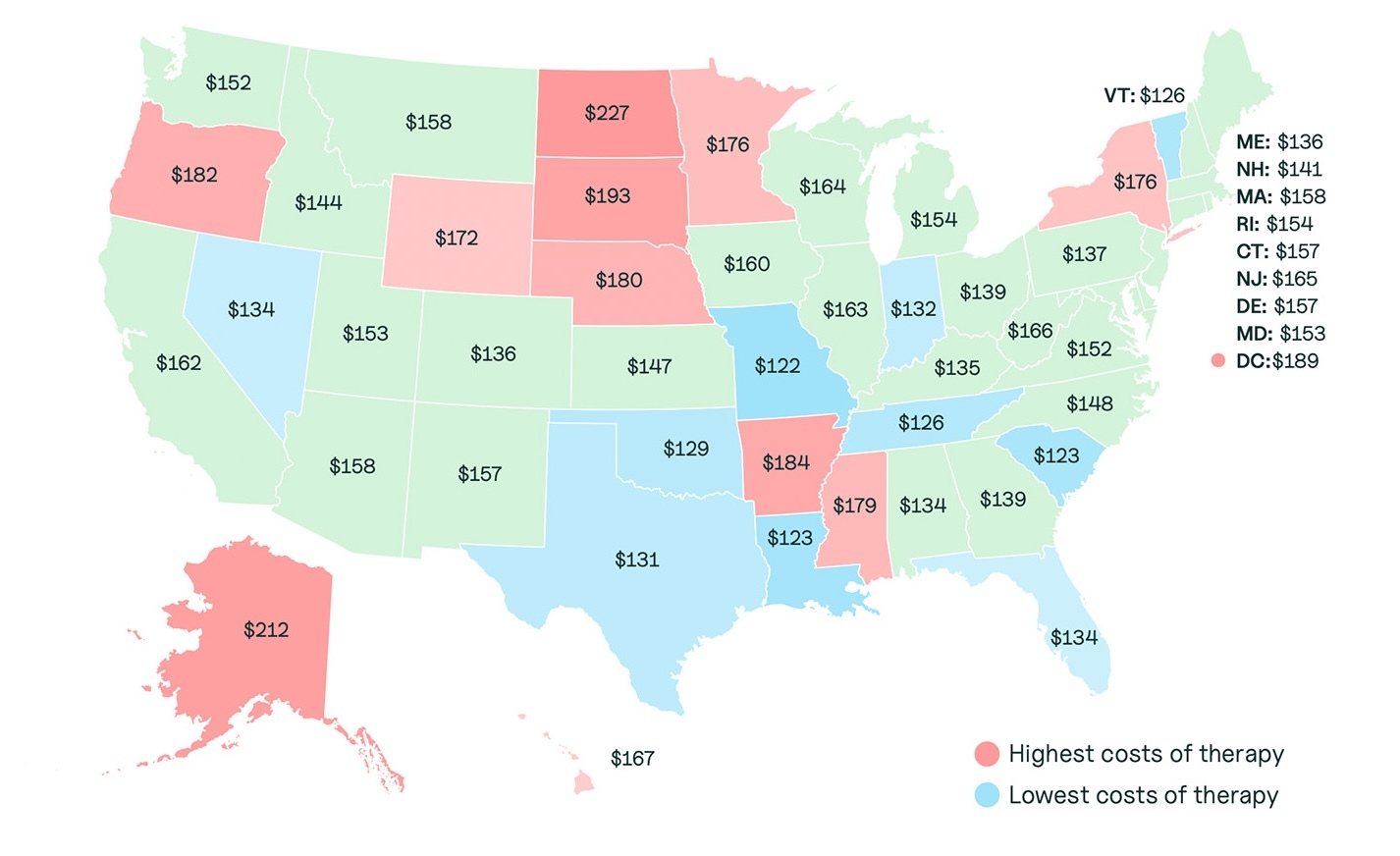
Launching your private practice is a major professional milestone, but one of the most important and complex decisions you’ll face is how to set your session fees. Your rates should reflect your expertise, sustain your business, and remain accessible to your ideal clients.
Setting your session fees is a balance of ethics, economics, and self-worth. Confidence in your pricing helps clients feel secure in the value of your services. By grounding your rates in local data, your business needs, and your clinical value, you can build a thriving practice that supports both you and your clients.
Here’s a step-by-step guide to help Washington-based therapists set fair and sustainable session fees.
Consider Your Experience & Niche
Your credentials and specialization can justify higher rates. For example, therapists trained in EMDR, IFS, or DBT often charge more, and couples therapists and trauma-focused therapists typically command higher fees due to complexity. Don’t be afraid to charge what your expertise is worth; clients often associate higher fees with higher quality care.
Know the Going Rates in Your Area
Therapy fees in Washington vary significantly by city and region. Here are some 2025 averages based on recent data, these figures reflect private pay rates and may be higher than insurance reimbursement rates. Urban areas like Seattle tend to command higher fees due to cost of living and demand:
- Seattle: $160–$225 per session
- Spokane: $120–$160 per session
- Tacoma: $130–$180 per session
- Olympia: $110–$150 per session
- Bellingham: $115–$160 per session

Image Credit: Simple Practice
Calculate Your Minimum Sustainable Fee
To ensure your practice is financially viable, calculate your monthly expenses, then, estimate how many sessions you plan to offer weekly. Divide your total monthly expenses (plus your desired income) by the number of sessions to find your minimum sustainable fee.
Monthly expenses could include:
- Office rent or telehealth platform
- Liability insurance and licensing
- Continuing education
- Marketing and website hosting
- Practice management software (e.g., SimplePractice, ICANotes)
Understand Insurance & Sliding Scale Options
In Washington, insurance reimbursement rates vary by provider and CPT code. If you plan to accept insurance, research the reimbursement rates for your area and weigh the administrative burden.
If you offer a sliding scale, define:
- How many reduced-fee slots you can afford
- Your minimum fee
- Eligibility criteria (e.g., income verification)
- The process of applying for sliding scale
Communicate Your Fees Clearly
Transparency builds trust. Clearly state your fees on your website and during intake calls. Include:
- Session length and cost
- Cancellation policy
- Payment methods
- Sliding scale availability (if applicable)
Revisit Your Rates Annually
Consider inflation, cost of living increases, additional training or certifications, and shifts in demand or caseload. Give clients advance notice of any rate changes and consider grandfathering existing clients when appropriate. Remember that you will need to have them sign new billing paperwork if you change your rates!





